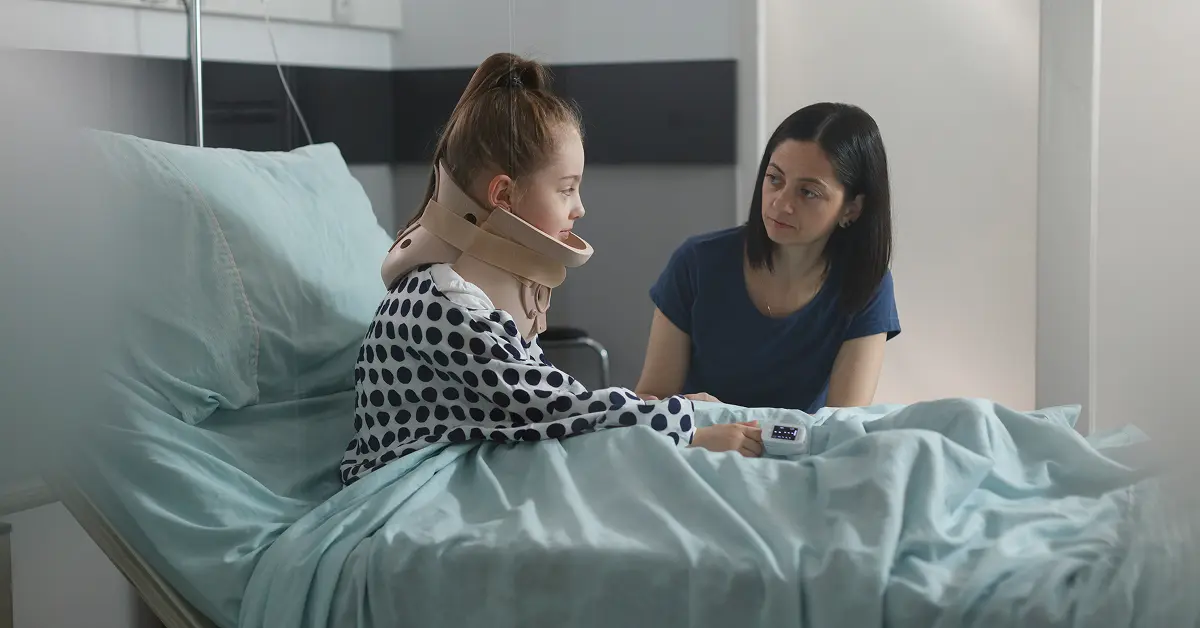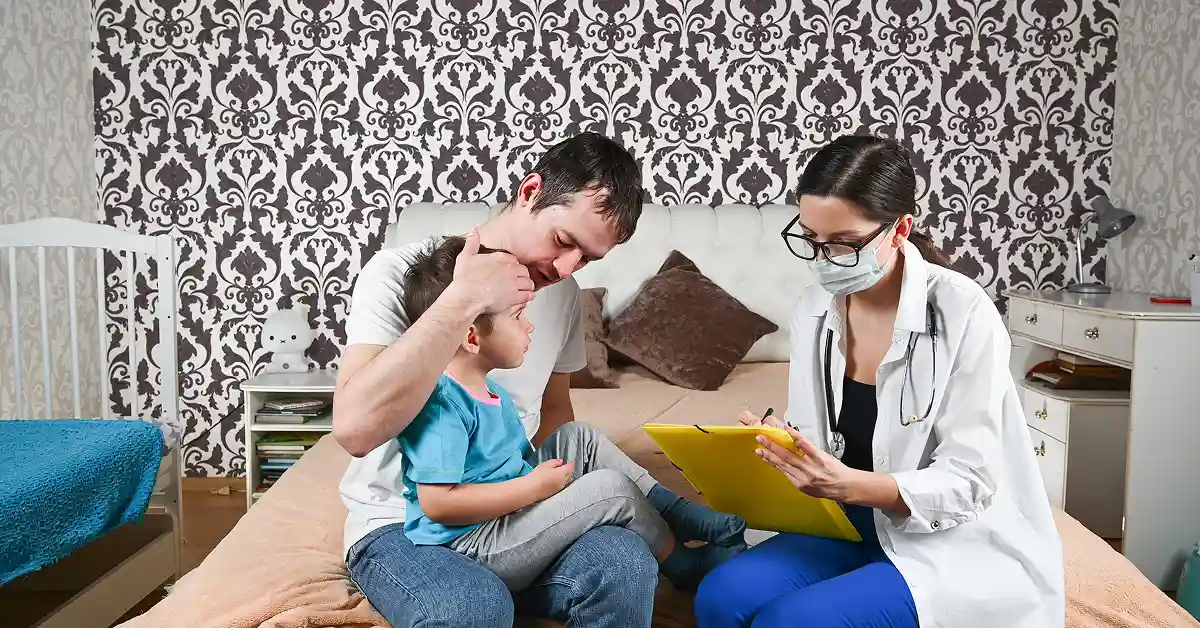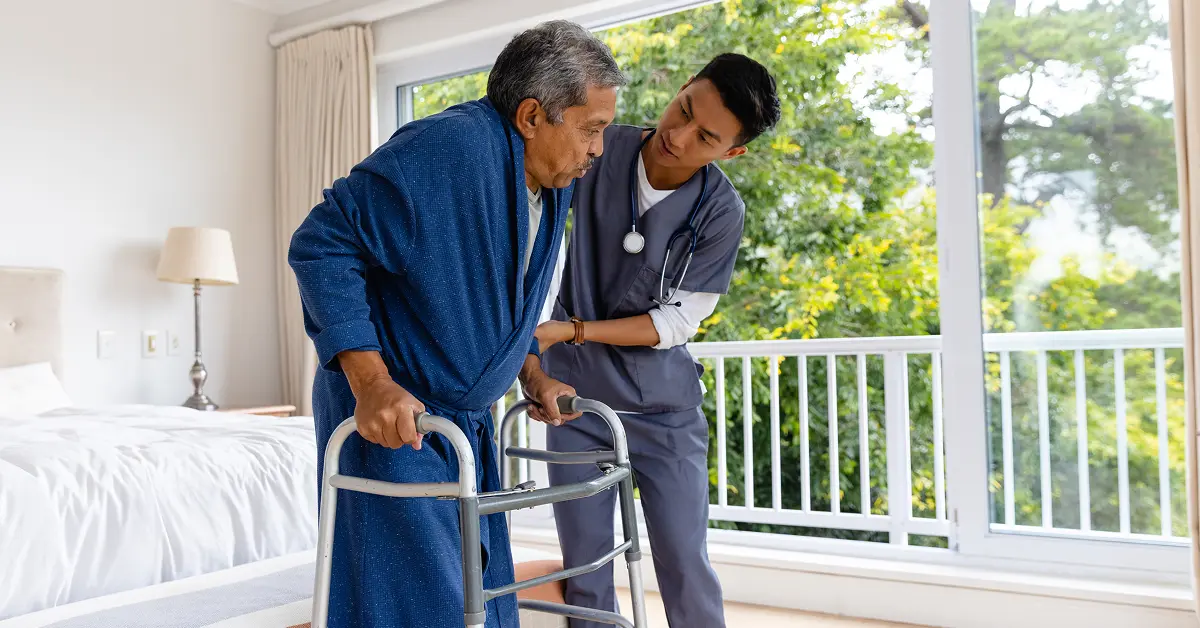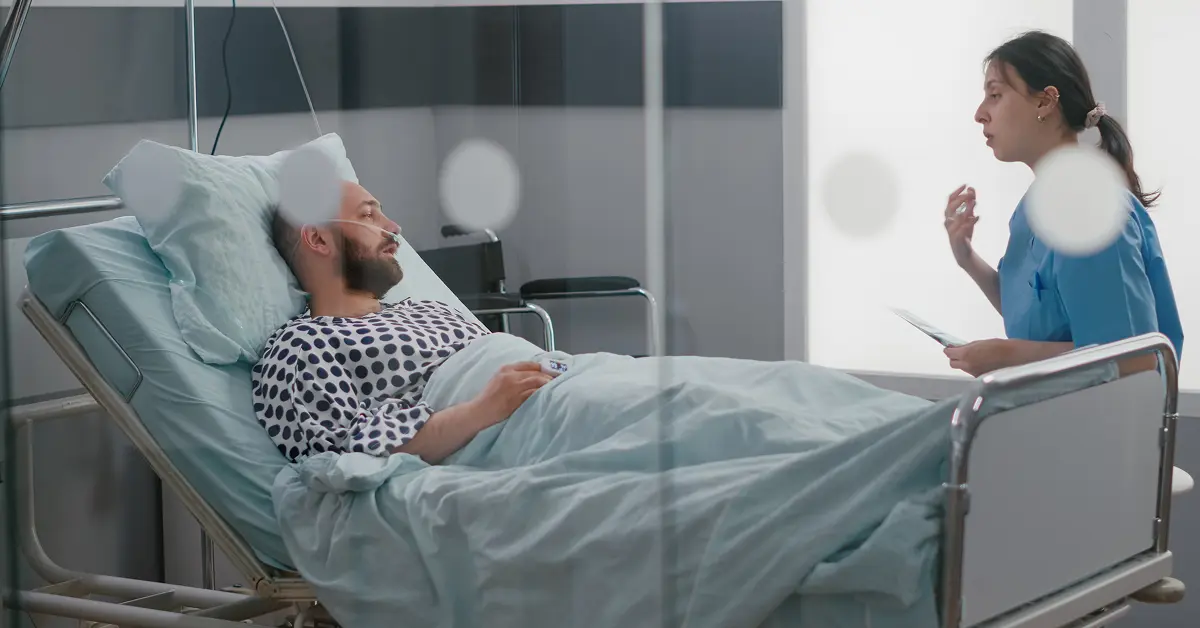Hospitalisation can be a stressful experience — not just physically but emotionally. Once the acute phase of treatment is over and a patient is discharged, it doesn't mean they are fully recovered. The post-discharge period is critical, and how it is managed can significantly affect the speed and quality of recovery. In India, where family structures are tight-knit and home care is culturally accepted, proper Hospital Discharge can offer a practical and healing solution.
What Is Post-Hospital Discharge Care?
Post-hospital discharge care refers to the medical and non-medical support a patient receives after being released from a hospital. This care is aimed at continuing treatment, monitoring health conditions, managing medications, providing physiotherapy if needed, and offering emotional support — all within the comfort of the patient's home.
For elderly patients, those recovering from surgery, stroke, fractures, or chronic illness, such support is vital to prevent complications, reduce hospital readmissions, and boost recovery outcomes.
Why Is Recovery at Home Better Than Prolonged Hospital Stay?
Comfort of Familiar Surroundings

Being at home promotes emotional well-being. Patients feel more secure and less anxious when surrounded by family and familiar settings. This comfort translates into better sleep, improved appetite, and an overall positive outlook — all of which contribute to quicker healing.
Reduced Risk of Hospital-Acquired Infections
Hospitals, despite being centres for healing, can expose patients to infections due to prolonged exposure to other sick patients. Recovering at home drastically lowers this risk, especially for patients with weakened immunity or those recovering from surgery.
Personalised Attention and Monitoring
Unlike hospitals where care is standardised and staff may be managing multiple patients, post-discharge home care is one-on-one. Whether it’s a trained nurse, physiotherapist, or a home attendant, the patient receives focused attention, ensuring timely medication, nutrition, hygiene, and mobility support.
How Care After Hospital Discharge Speeds Up Recovery
Medication Management
Patients often leave the hospital with a list of medications that must be taken at specific times. Missing doses or mixing up prescriptions can delay recovery or lead to complications. A trained caregiver or nurse at home ensures that medications are given correctly and on time, and side effects are monitored.
Wound Care and Hygiene
For post-surgery or injury patients, wound dressing and personal hygiene are crucial. Improper care may lead to infections. Trained home care professionals are skilled in wound management, dressing changes, and maintaining cleanliness, which prevents infections and speeds up healing.
Physiotherapy Support
Patients recovering from fractures, strokes, or surgeries often need physiotherapy. Best Caregiver Services at Home providers can arrange for certified physiotherapists who help patients with movement, exercises, and muscle strengthening, thus helping them regain independence faster.
Nutrition and Meal Planning
Nutritional care is often overlooked but plays a major role in recovery. Home caregivers or nutritionists can help plan a diet rich in the nutrients needed for healing. Meals can be prepared according to the patient’s dietary restrictions and preferences, which is rarely possible in hospitals.
Emotional and Mental Well-being
The emotional impact of hospitalisation, especially for elderly patients, can result in depression or anxiety. Having a caregiver at home who offers not just physical but emotional support can uplift their mood and promote mental health, which is essential for physical recovery.
Fall Prevention and Mobility Assistance
Patients with mobility issues are at a high risk of falling, which can reverse recovery progress. Caregivers ensure the patient’s environment is safe, assist in moving around the house, and support them during toilet visits, bathing, or walking exercises.
Reduced Readmission Rates
According to various studies, proper post-discharge care significantly reduces the chances of re-hospitalisation. In India, where hospital expenses can be a burden, avoiding repeat admissions saves money and reduces stress on the patient and family.
Tailored Discharge Plans Are Crucial
One-size-fits-all doesn’t work when it comes to recovery. A good discharge plan should include:
- A clear understanding of the patient’s medical condition
- A list of medications with timings
- Physiotherapy or follow-up appointments
- Red flags for complications
- Contact numbers of the primary doctor and emergency help
Home care agencies in India now provide discharge transition packages that include nurse visits, physiotherapy sessions, equipment like hospital beds or oxygen concentrators, and even teleconsultation with doctors.
Families Need Not Do It Alone
In Indian families, it’s common for children or spouses to assume caregiving duties after a loved one comes home from the hospital. However, not everyone is medically trained, and the physical and emotional burden can be overwhelming.
Hiring a trained caregiver or nurse helps ease the pressure and ensures that professional-grade care is being delivered. Services like home nursing, Elderly Care Services palliative care, and ICU-at-home are now available in most Indian cities, making recovery at home efficient and safe.
Choosing the Right Post-Discharge Care Partner
If you are planning care after hospital discharge for your loved one, choose a reputed service provider. Check for:
- Qualified and trained staff
- Experience in handling similar cases
- Availability of medical equipment if needed
- Transparent pricing and packages
- Round-the-clock support in case of emergencies
Many reputed healthcare-at-home companies in India also provide real-time monitoring via apps, allowing family members to stay informed even if they live away.
Conclusion
Hospital discharge is not the end of treatment — it’s the beginning of recovery. With the right care at home, recovery can be smoother, faster, and more comfortable. Whether it’s nursing, therapy, nutrition, or emotional support, professional post-discharge care can make a significant difference in the healing journey.
For Indian families juggling busy schedules and elderly or ill relatives, home-based care after hospitalisation offers not just convenience but real medical value. It’s a bridge that transforms clinical care into compassionate recovery.
Contents
Our 24*7 services
Latest Posts
- What Is Respite Care and Why Is It Important
- Affordable home care for senior citizens in India
- Caring for Seniors with Dementia or Alzheimer's at Home
- Senior Caregiving A Guide for Every Family
- How to Write a Caregiver Resume That Gets You Hired
- How Care After Hospital Discharge Speeds Up Recovery at Home
- How to Get Home Health Care for Seniors Through Medicare
- What Does a Senior Citizen Caregiver Really Do at Home
- How to Care for Elderly Parents with Alzheimer’s or Dementia
- How to Get 24-Hour Care for Seniors at Home



